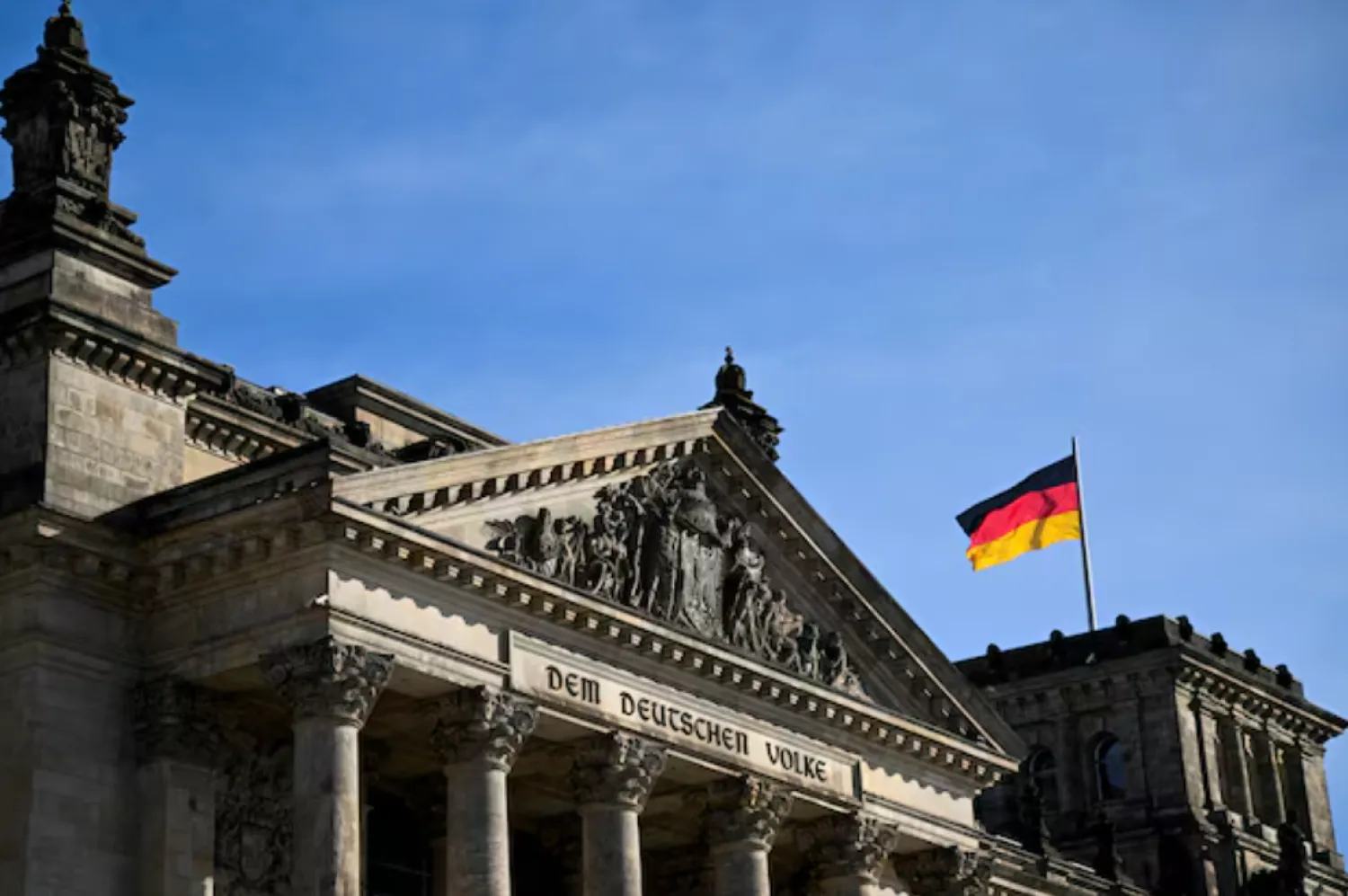Iran executed two men on Saturday for killing a paramilitary force member during unprecedented protests sparked by the death in custody of a young woman.
The latest hangings double the number of executions to four over the protests, which escalated into calls for an end to Iran's clerical regime, AFP said.
Two men were put to death in December, sparking global outrage and new Western sanctions against Iran.
Judicial news agency Mizan Online on Saturday reported "Mohammad Mahdi Karami and Seyyed Mohammad Hosseini, the main perpetrators of the crime that led to the martyrdom of Ruhollah Ajamian, were hanged this morning."
The court of first instance had sentenced the two men to death in early December, it said.
On Tuesday, the Supreme Court upheld the sentence of capital punishment, accusing them of killing Ajamian on November 3.
The victim belonged to the Basij militia -- linked to Iran's Revolutionary Guards Corps -- who died in Karaj, west of Tehran.
Prosecutors previously said the 27-year-old was stripped naked and killed by a group of mourners who had been paying tribute to a slain protester, Hadis Najafi.
The hangings come in defiance of a campaign by international rights groups for the lives of the two men to be spared.
Amnesty International had decried the "fast-tracked unfair group trial" of the two men which it said bore no "resemblance to a meaningful judicial proceeding".
Mohammad Mehdi Karami's father had told Iranian media that a family lawyer had not been able to access his son's case file.
Karami was 22, according to Oslo-based group Iran Human Rights (IHR). Hosseini's age was not immediately clear.
Authorities have arrested thousands of people in the wave of demonstrations that began with the September death in custody of Mahsa Amini, 22.
The Iranian Kurdish woman had been arrested by morality police for allegedly breaching the regime's strict dress code for women.
The courts have sentenced 14 people to death over the demonstrations, according to an AFP count based on official information.
- Fears for others -
Four have now been executed, two others have had their sentences confirmed by the Supreme Court, six are awaiting new trials and two others can appeal.
Dozens of other protesters face charges punishable by death, IHR said in late December.
The latest executions were the first linked to the protests in almost a month.
On December 12 Majidreza Rahnavard, 23, was hanged publicly from a crane. He had been sentenced to death by a court in the city of Mashhad for killing two members of the security forces with a knife, and wounding four other people, Mizan reported.
Rahnavard's execution came despite the widespread international anger sparked by the first announced execution four days earlier.
Mohsen Shekari, also 23, was executed on charges of wounding a member of the security forces.
In late December the US Treasury Department sanctioned Prosecutor General Mohammad Jafar Montazeri, saying he was responsible for human rights abuses including torture and death-penalty trials of protesters.
The Treasury said the case of Shekari bore "little resemblance to a meaningful trial".
On December 12 new European Union sanctions targeted Iranian officials including hardline cleric Seyed Ahmad Khatami. He was included on the list for inciting violence against protesters, including demanding the death penalty.









